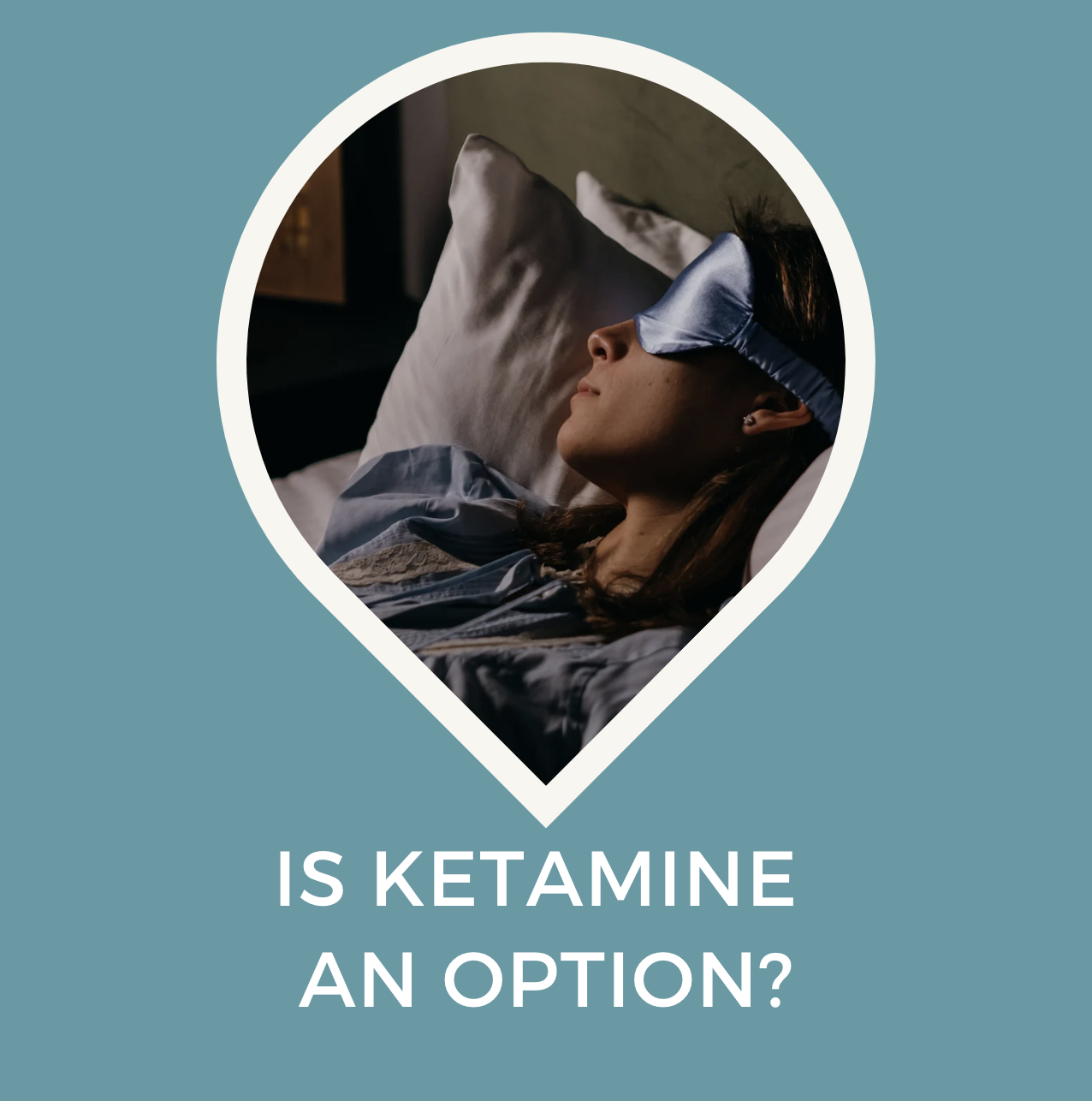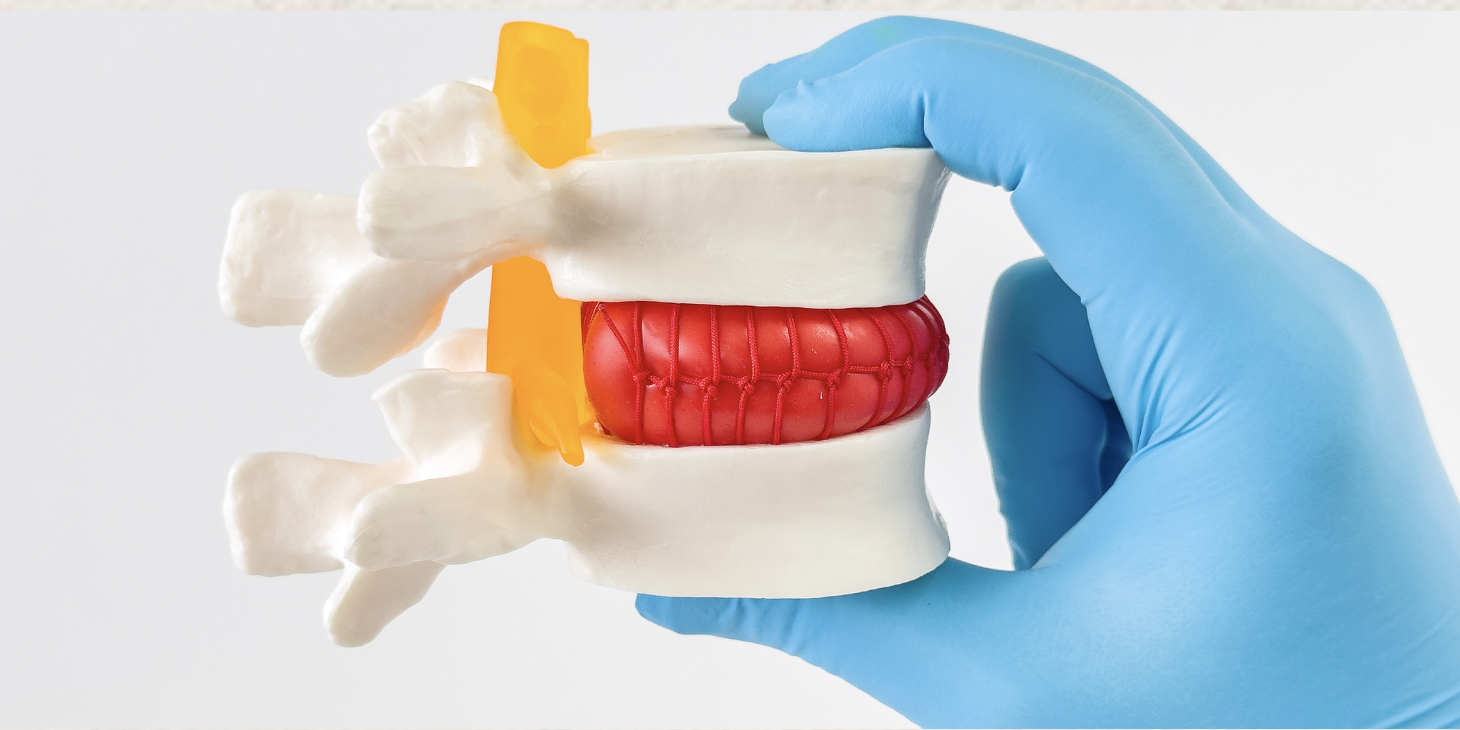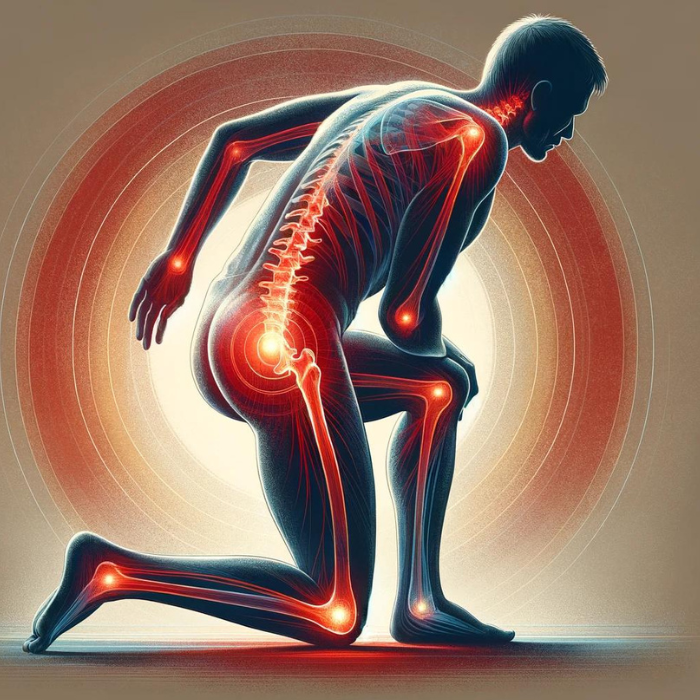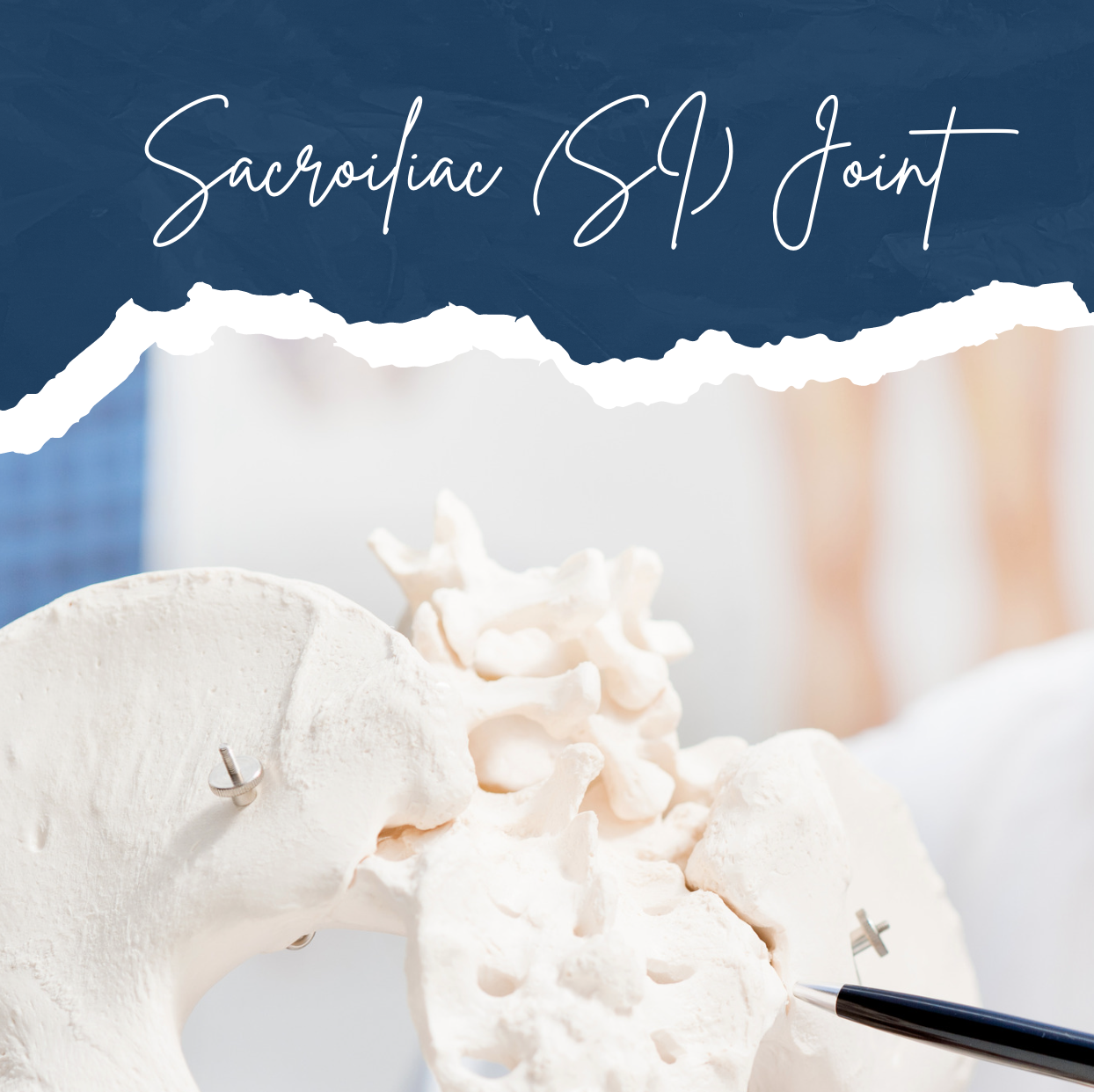IS KETAMINE AN OPTION?
The evolution of the definition of pain has evolved due to research and a more comprehensive understanding of etiology. The definition of pain by the International Association for the Study of Pain (IASP) includes “an unpleasant sensory and emotional experience associated with, or resembling that associated with, actual or potential tissue damage.”
Pain is always a personal experience that is influenced to varying degrees by biological, psychological, and social factors. Pain cannot be inferred only from activity in sensory neurons. Through their life experiences, individuals learn the concept of pain. A person’s report of an experience as pain should be respected. Although pain usually serves as an adaptive role, it may have adverse effects on function and social and psychological well-being.
Ketamine is an NMDA receptor antagonist and an AMPA receptor stimulator. By blocking glutamate reuptake and increasing it in the synapse, ketamine resets the hyperalgesic hyperexcitatory pathway. AMPA stimulation is necessary for increasing brain-derived neurotrophic factor (BDNF) which in turn stimulates the formation of new receptors and synapses called synaptogenesis. This process is critical for making connections between neurons and is often severely compromised among those suffering from PTSD and depression. In addition, Ketamine also may reduce signals involved in inflammation.
Ketamine Assisted Psychotherapy (KAP) utilizes a dosage escalation strategy to achieve different levels of consciousness increasing to full out-of-body experiences. We find an individual “sweet spot” with respect to dosage to aid in psychotherapy. Maintenance of the observing self and personal elucidation is fundamental to the success of KAP and dosage selection and results in a decrease in symptomatology. Ketamine can act as a “reset” to the pain, depression or anxiety created by the disorganization of one’s central nervous system.
I believe that using intramuscular or IV ketamine with psychotherapy and optimizing lifestyle choices will lead to long-lasting pain and antidepressant relief, especially in the Fibromyalgia population. Please contact our office at 305.974.5533 if you have chronic pain with depression or Fibromyalgia, are interested in feeling well again, and want to address the root cause of your suffering.





